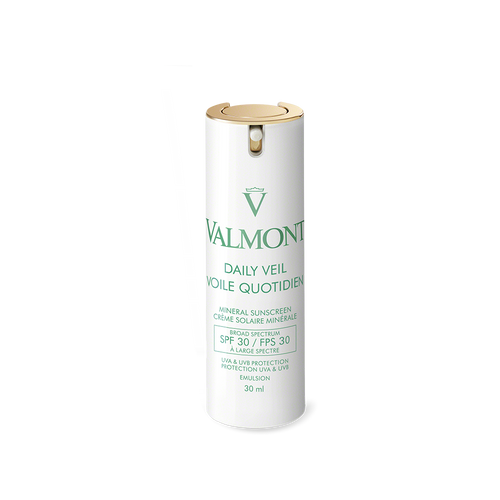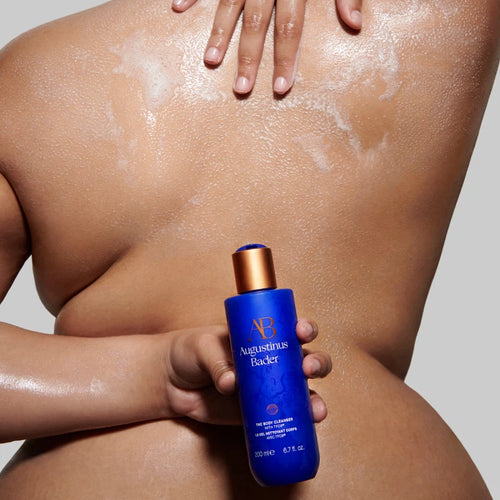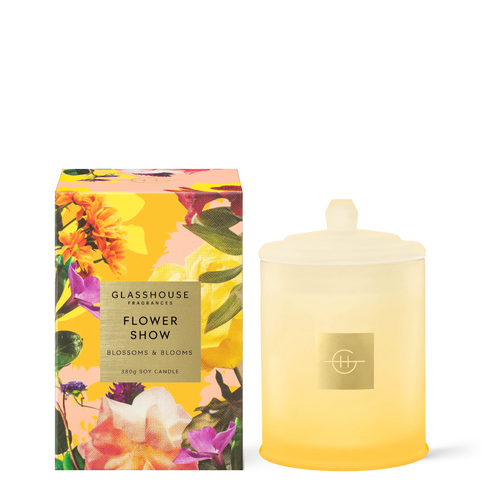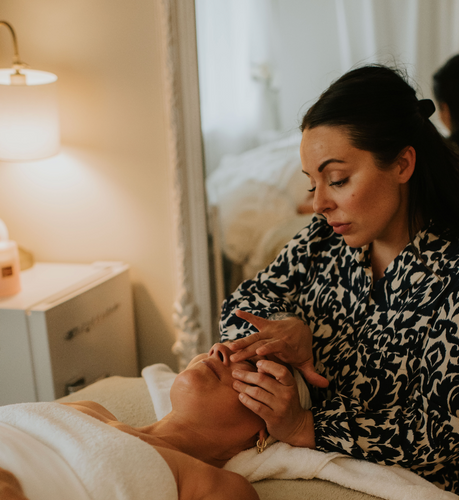Why self care is good for your skin and how to make it a priority.
Do you ever feel like you need a break from life? Like you just need some time to yourself to relax and rejuvenate? If so, you're not alone. It seems like everyone is always on the go in today's world. We're constantly busy with work, family, and other commitments. And let's not forget about all the distractions that come with living in a digital age. It can be tough to find time amidst all of that chaos. But it's essential to make time for self-care, even if it means making some adjustments to our schedules.
So what does self-care really mean?
It might mean taking a relaxing bubble bath after a long day for some people. But no matter what self-care means to you, it’s essential! Taking care of yourself is the first step to happiness and success.
What does self-care have to do with skincare?
You are a whole person; body, mind, and spirit. Good skin doesn’t just happen by having a good skincare routine. Your skin can be a telltale sign when you ARE out of balance due to stress and lifestyle choices, with inflammation, breakouts, change in tone, elasticity, and more.
Balance can seem like an impossible task when one area of your life is more demanding than others. But, balance is about addressing your needs and finding a way to meet them, not levelling the scale of things tugging like a toddler on your pant leg.
So how can you make self-care a priority in your life?
First, address the fact that self-care isn’t selfish. It’s necessary for your mental and physical well-being, particularly if you’ve put everyone else’s needs before your own. Unfortunately, we’re often at the bottom of the list. Compromising your needs isn’t a virtue; it can be detrimental to your overall well-being.
You can’t pour from an empty cup.
Setting a few solid boundaries can be a significant first step.
Boundaries aren’t imaginary lines drawn in the sand to keep people out. Think of them more as knowing your limits and when to heed them before reaching the breaking point. Boundaries set a benchmark for what you can manage at a healthy level, such as having a designated time to turn off electronics in the evening, not checking emails before yoga or the gym in the morning, and knowing who and what pushes your buttons. In addition, boundaries maintain healthy relationships with yourself and your loved ones.
For example, if you know that going out for a bottle of wine with your friends will turn into two bottles and leave you with a hangover the following day, then set a limit on what you’ll consume and the time you’ll go home.
This personal boundary will ensure that you will be at your best for work the next day, and you’ll feel good about yourself and your decision. Also, too much alcohol can cause dehydration and inflammation of the dermis; making your skin sallow and blotchy.
What if you have someone in your life who infringes on your mental space and doesn’t respect your time? Let them know that you only have five minutes to have a conversation, or if it’s via text, let them know that you’re busy and will get back to them at another time.
Lead by example and model the behaviour you want to receive. When you need to vent, ask if that person can hold space for you to vent and tell them what you need in return. Whether you need them to listen or offer advice, letting them know is setting a boundary ahead of time.
Just breathe.
We’ve discussed the importance of learning how to self-regulate your nervous system in previous blogs. Regulation techniques can help decrease stress levels, increase sleep quality, and even help reduce inflammation in your body.
Stress is at the top of the list for physical and mental health issues; it sends your body into survival mode, spiking adrenaline and cortisol levels, causing inflammation to your skin, organs, muscles and tissues. In addition, science has proven that trauma and stress store memories within the brain and body, and those aches and pains try to tell you something.
Tools for self-regulation include breath work, meditation and gentle exercises such as yoga and walking. The intention is to calm the nervous system and decrease stress hormones, adrenaline and cortisol. Conversely, vigorous exercise may continue to stimulate your nervous system and elevate stress levels in your body.
A quick and easy tool is Box Breathing. Practice this technique anytime to slow the heart rate and soothe anxiety. First, sit in a comfortable position and close your eyes. Next, take a deep breath in and count to four. At the top of your breath, hold it for four seconds, release to the count of four and hold at the bottom of the breath for four seconds. Rinse and repeat as many times as you need. Practicing this daily will make it a habit, and you won’t be scrambling when you need it.
Write it out.
Too many thoughts and lists running through your mind can increase anxiety levels and cause restless and sleepless nights. Journaling is a healthy way to brain dump everything taking up space in your head. Writing with a pen and paper activates areas of the brain that increase comprehension and help you feel lighter.
Slow the race and set a pace. Creating a routine of when and where you journal signals to your brain that you have a task at hand. For example, writing first thing in the morning can help plan the day or clear the slate at night.
The purpose is to set aside alone time. You can incorporate this into an evening routine before bed. Pour a cup of hot tea, have a designated notebook, a nice pen, and let it all go.
Talk to me, Baby!
Regardless of how we dress, what we drive, or how fantastic our skincare routine is, nothing impacts our glow more than how we talk to ourselves. Negative self-talk affects posture, energy, and even facial muscles - frowning and scowling increase wrinkles and fine lines.
That inner critic chirps like crickets at night and hijacks good energy! So here’s what you can do.
When a negative thought creeps in, pause and reframe it to feel better in your body.
An example might be that you get frustrated when starting something new and tell yourself that you’re not smart enough to do it.
Take a deep breath and acknowledge that’s not the truth. You’re learning something new, and it will take time and practice before it becomes routine. You don’t know what you don’t know until you know, and when you know better, you do better.
Find Gratitude.
High on the index of successful people for self-care is the practice of gratitude. It can shift perspective and allow one to appreciate their life, even when it’s hard to find something to be grateful for.
Gratitude isn’t the same as toxic positivity. Toxic positivity avoids uncomfortable circumstances by looking for the silver lining, where gratitude focuses on what is good in your life. However, practicing gratitude by being thankful for simple things can go a long way and grow in depth with daily integration.
You can bookend your day by listing three things you are grateful for in the morning and evening. Remember, where your attention goes, energy flows.
Get those zzz’s!
Sleep is the most important thing you can do for self-care. This period of rest is when your body repairs itself and processes the day's events. Everyone’s time requirements vary, but the general rule is that 6-8 hours of sleep improve brain function, a healthy heart and glowing skin.
You can create a bedtime routine by incorporating some of the suggestions mentioned in this blog. A rule of thumb is that it takes twenty-one days to break old habits and create new ones. So make sure it’s something you can find enjoyment in so that it sticks!
If you're looking for more ways to practice better self-care and improve skin health, check out some of our previous articles. You're sure to find something that works for you. So take a few minutes for yourself today and start exploring some of these resources. You may be surprised at how much better you feel after just a little bit of self-care!
You’re a whole human being; mind, body, spirit.


















Leave a comment